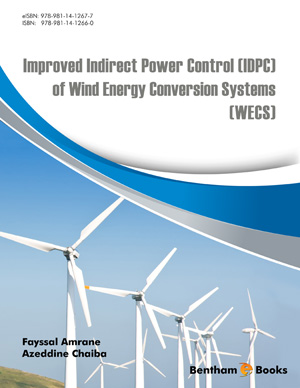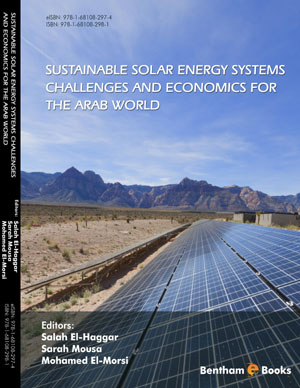Abstract
We examine the long-run effects of increased U.S. ethanol production on the agricultural economy and worldwide food insecurity. Overall, we find that moderate increases in ethanol production would result in relatively modest changes after a (potentially lengthy) adjustment period. Significant improvements in cellulosic ethanol production technology would substantially reduce the magnitude of such changes, as increases in ethanol production could be fueled by previously unutilized agricultural wastes. Changes in food insecurity caused by increasing ethanol production would tend to be most painful in Africa, the Far East, and Central and South America (excluding Brazil).













